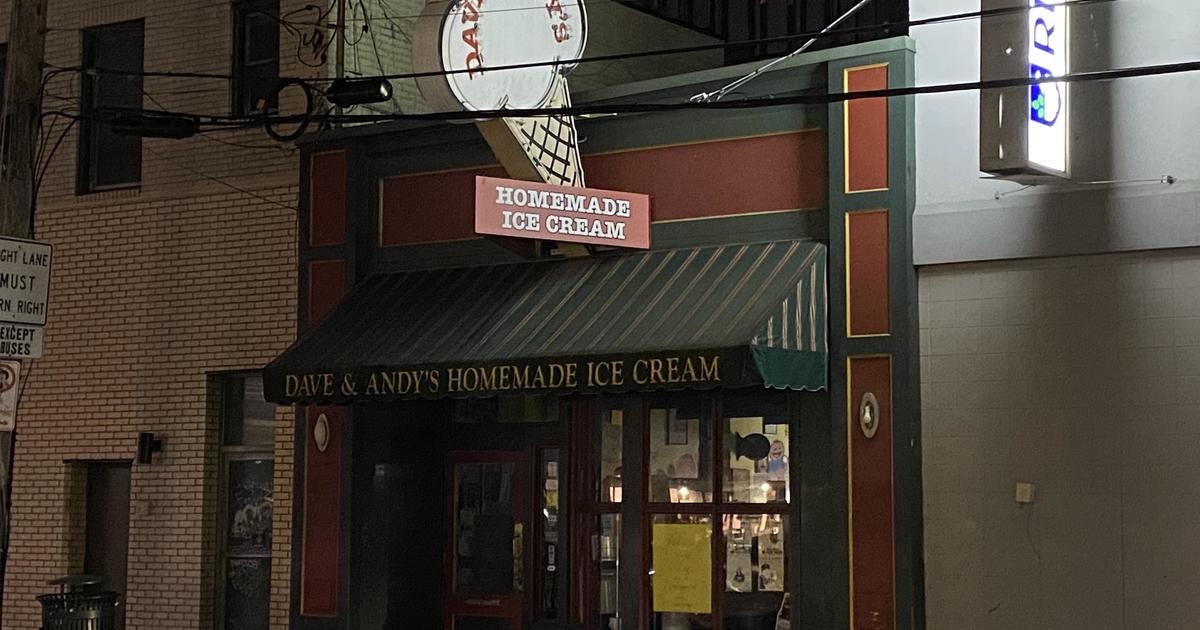Heartburn Drugs Causing Concerns About Bone Health
PITTSBURGH (KDKA) -- Grace Tejchman is well aware her bones are getting older.
"Two and a half years ago, I started developing some issues in my back and my legs," she says. "It would just hurt so bad after I was done exercising."
She also has a stomach condition called reflux.
To control her symptoms, she has been on medicines called proton pump inhibitors for nine years.
"If I don't take it, the acid backs up and I get the ball in my throat," she describes. "I actually went into what I thought was a heart attack -- it felt that bad."
If she stays on the drugs, she worries what might happen to her bones years from now.
"You don't absorb calcium, vitamin D, magnesium," she lists among her concerns.
These medicines called proton pump inhibitors, or PPIs, are very good at controlling symptoms of heartburn and healing esophageal erosions from the abnormal flow of stomach acid back up into the swallowing tube.
PPIs include popular products like Prilosec, Nexium, Prevacid, among others; and these days, they're over the counter. This class of drugs has been around since the late 1980s. And just now, we're seeing the first groups of patients who have taken these drugs long term.
"We've seen things like osteoporosis, vitamin and mineral malabsorption, such as magnesium and calcium, interactions with other drugs," says Dr. Blair Jobe, a surgeon at West Penn Hospital.
People who take the medicine twice a day or for more than a year have a higher risk of broken bones. Fractures have been seen at the tip of the thigh bone and wrist most frequently.
While the pattern suggests PPIs play a role, and PPIs can affect body chemistry in a way that can lead to bone loss, a study to show causation has not yet been done. Nevertheless, concern about length of treatment is reasonable.
"Once you have gastroesophageal reflux disease, it is a progressive disease," says Dr. Jobe. "If you've been on them for five years, and you really don't have an endpoint, and your lifespan is another 30 years, you have to ask yourself, what is the endpoint?"
Alternatives include medicines to coat the stomach, medicines called H2 blockers, or surgery. Which of these to choose is the decision Tejchman now faces.
"If I can fix a problem and not take the pills, I think it would be better off," she says.
RELATED LINKS:
More Health News
More Reports by Dr. Maria Simbra
Join The Conversation On The KDKA Facebook Page
Stay Up To Date, Follow KDKA On Twitter



